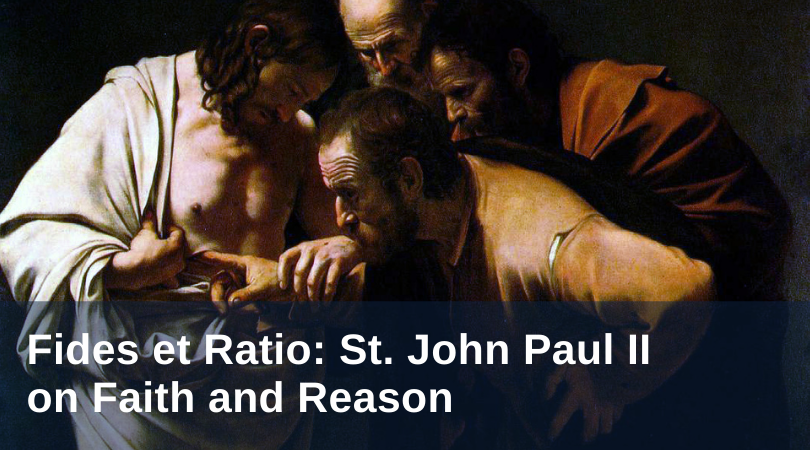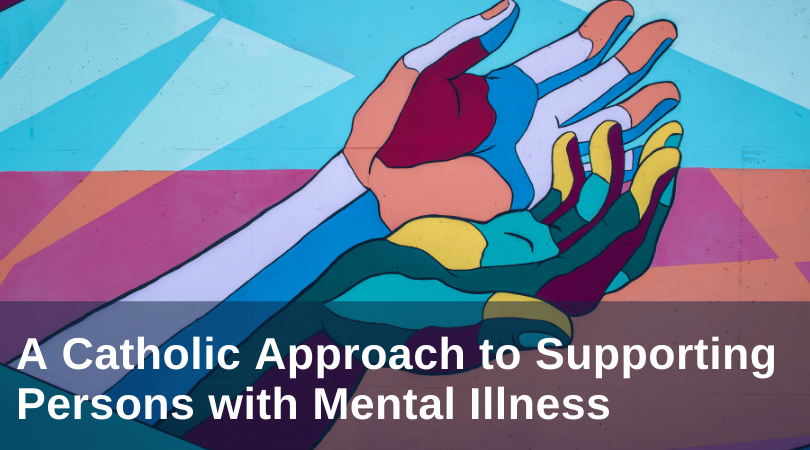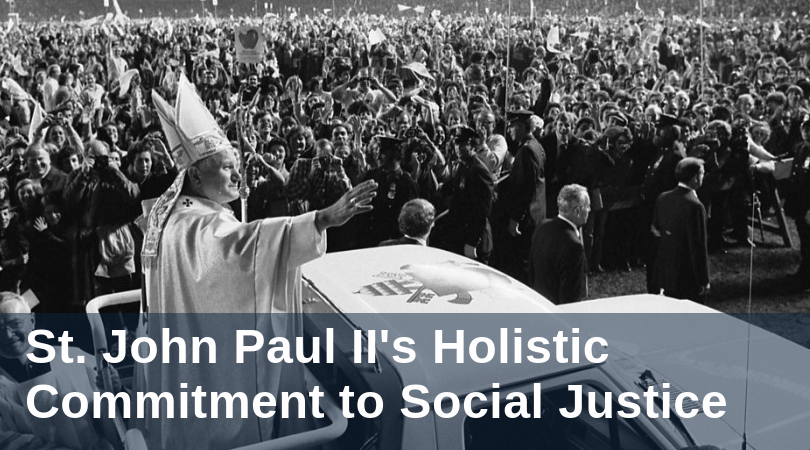The story of “doubting” Thomas (cf. John 20:19–31) is a gospel passage that can make people cringe. This passage is, sadly, often interpreted as though it were contrasting reason, on the one hand, with faith (or gullibility), on the other. For example, one very influential atheist, Richard Dawkins, refers to the story of doubting Thomas in The Selfish Gene to argue Christians think the “greatest virtue” of faith is that it is “blind” and “doesn’t need evidence” at all (330).
Fides et Ratio: St. John Paul II on Faith and Reason
Topics: St. John Paul II, faith, faith and reason, science and religion
A Catholic Approach to Supporting Persons with Mental Illness
“It is good that you exist.”
This beautiful phrase from Principles of Catholic Theology by Cardinal Joseph Ratzinger (later Benedict XVI) succinctly captures the inherent truth underlying a Catholic understanding of supporting and loving those with a mental illness. Despite my instinct to argue that this is self-evident and simple, yet another pope reminds me that a Catholic understanding of mental illness requires important theological reflection and incorporation of the most updated neuropsychiatric knowledge in order to affirm this truth.
Topics: St. John Paul II, human dignity, mental health, Mental Illness Awareness Week, accompaniment
St. John Paul II's Holistic Commitment to Social Justice
“The social message of the Gospel must not be considered a theory,
but above all else a basis and a motivation for action.”
—John Paul II, Centesimus Annus, §57i
Topics: St. John Paul II, Social Justice, Respect Life Month




